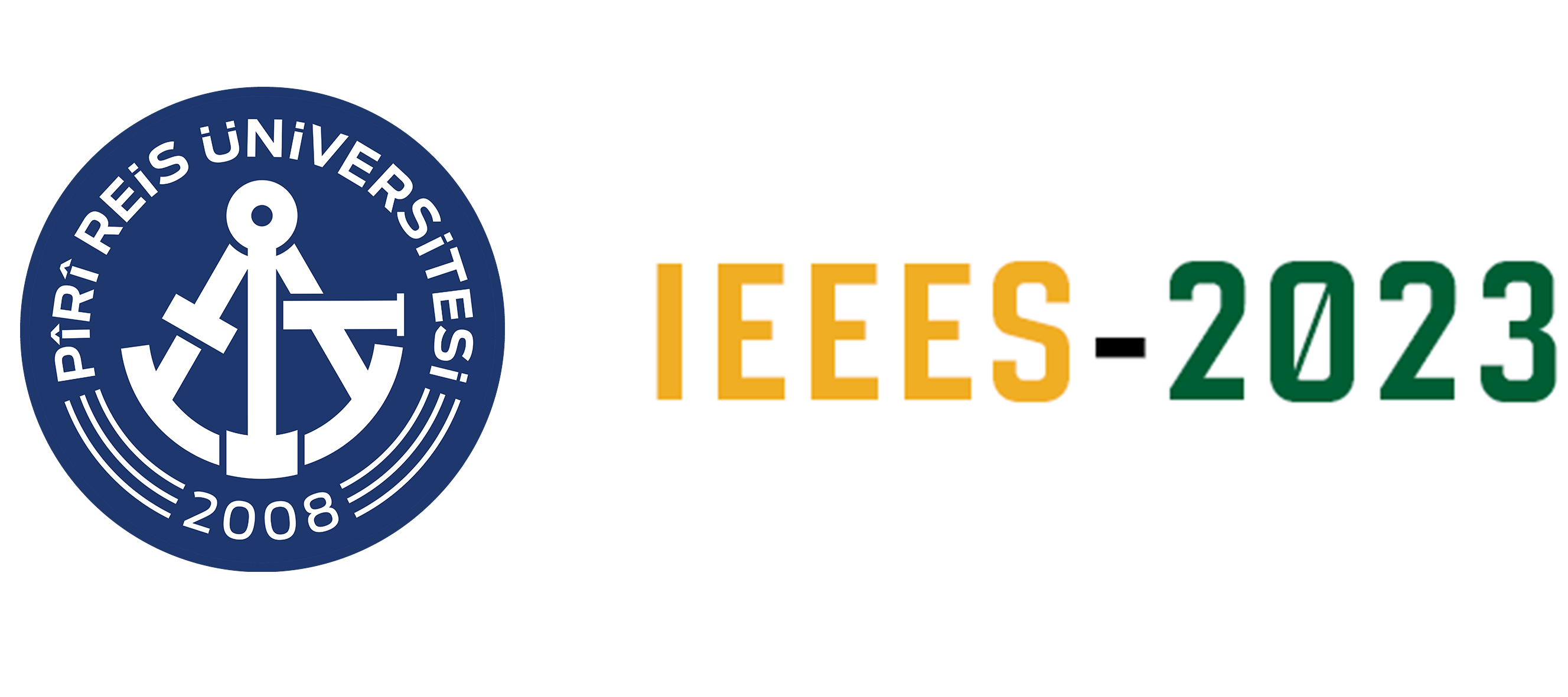
The 14th International Exergy, Energy and Environment Symposium (IEEES-14) aims to bring together academics, researchers, scientists, technocrats, and practicing engineers, for an open discourse on disciplines ranging from energy to environment. The symposium will include oral and wall presentations, keynote sessions, a devoted workshop on sectorial issues, invited speaks, and several specialized parallel sessions within the scope of the conference themes from diverse disciplines.
This international symposium serves as a forum that promulgates ideas, experience, and knowledge of fellow researchers and engineers working on sustainable energy and environment systems across the globe.
IEEES-14 will cover a diverse range of cutting-edge topics, including Renewable Energy Technologies, Solar Energy, Oil and Gas Technologies, Smart Grids, Green and Electrified Transportation, Alternative and Clean Fuels, Hydrogen and Fuel Cell Technologies, Nuclear Energy, Desalination Technologies, Waste Water Treatment and Environmental Technologies.
The symposium is intended to increase the visibility and advancement of futuristic and cleaner technologies such as green energy, renewable energy, environmental science and e-mobility. Other highlights are smart cities, green buildings, energy management systems, and desalination technologies. It also addresses societal and environmental threats, unveiling the challenges in the life cycle assessment, CO2 reduction technologies, bio-waste utilization, wastewater treatment, nuclear energy and fuels for transportation.
Previous successful editions of the IEEES series were held at the following places:
-
- 1. Izmır, Turkey (2003)
-
- 2. Kos, Greece (2005)
-
- 3. Evora, Portugal (2007)
-
- 4. Sharjah, United Arab Emirates (2009)
-
- 5. Luxor, Egypt (2011)
-
- 6. Eurasia, Turkey (2013)
-
- 7. Valencinnes, France (2015)
-
- 8. Antalya, Turkey (2016)
-
- 9. Split, Coratia (2017)
-
- 10. Katowice, Poland (2018)
-
- 11. Chennai, India (2019)
-
- 12. Doha, Qatar (2020)
-
- 13. Makkah, Saudi Arabia (2022)
-
- 14. Istanbul, Türkiye (2023)
TOPICS
Topical areas of interest include, but are not limited to:
| · Alternative energy · Ammonia · Biofuels and alternatives · Carbon capture and storage · Carbon sequestration · Catalysis · Clean energy conversion · Cleaner oil and gas technologies · Climate change impacts · Climate change modeling and simulations · CO2 utilization · Combustion, pyrolysis, and gasification technologies · Cooling technologies · Desalination technologies · Ecosystem and biodiversity · Electric and hybrid vehicles · Electrochemical devices (fuel cells, capacitors, batteries, etc.) · Energy and exergy efficiency · Energy policies and strategies · Energy quality and security · Energy storage technologies · Energy systems modeling · Environmental impact prevention technologies · Environmental education and training · Exergoeconomics and thermoeconomics · Exergy and enhanced exergy analysis · Global warming |
· Green transportation vehicles · Green buildings · Greenhouse gas reduction strategies · Hydrogen and fuel cell technologies · Life cycle assessment · Liquefaction systems and applications · Material synthesis and application · Nanomaterials · Natural gas processing · Nuclear energy and technologies · Policy and strategy development · Process engineering and process optimization · Refrigeration and heat pump systems · Renewable energy sources and technologies · Smart grids · Solar energy · Solid and municipal waste · Sustainable development · Synthetic and alternative fuels · Thermodynamic analysis · Thermodynamic optimization · Waste management · Wastewater treatment techniques · Water and water issues · Water resources and management · Wind energy · Zero-energy buildings |



